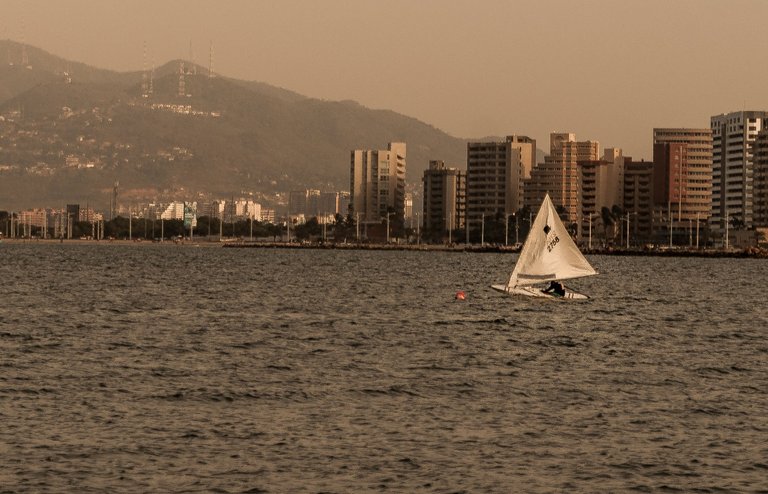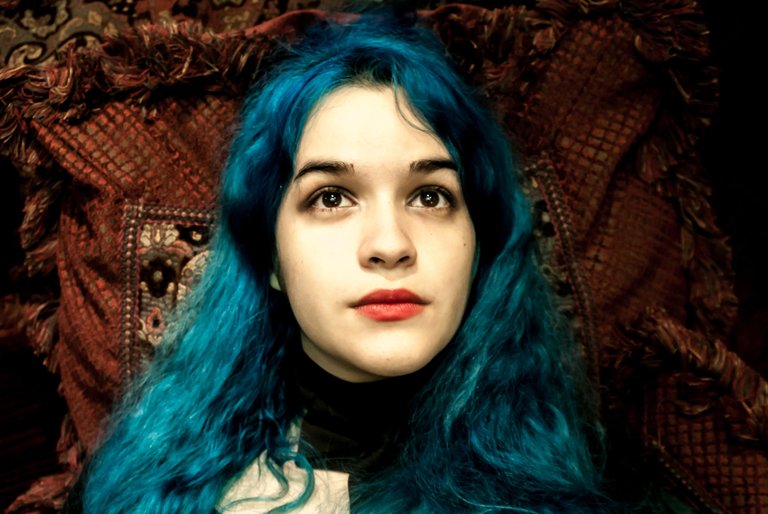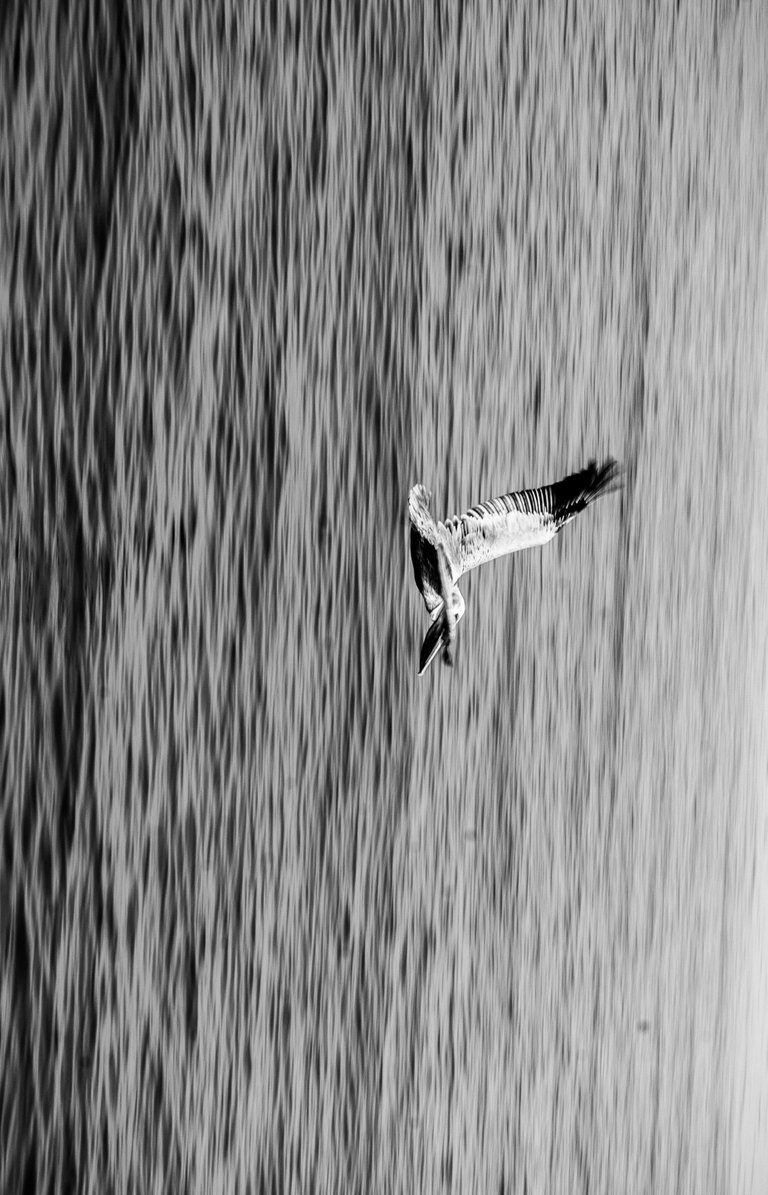Saludos a todos chicos, quiero hacer este tipo de post en esta comunidad para darles este conocimiento e invitarlos a que se atrevan a acercarse al maravilloso mundo de la fotografía.
Hoy quiero hablarles de cómo iniciar en la fotografía, ya que con tanto conocimiento en internet el cómo empezar puede ser confuso, así que les facilitaré un poco estos pasos ya que aparte de arquitecto soy fotógrafo e hice un diplomado de fotografía en 2017. Antes debo destacar que para empezar no necesitas una cámara réflex ( de esas que usan lentes y flash), pueden empezar con lo que sea que tome fotos, cámara vieja, gama baja o hasta con un teléfono. Si es cierto aquel nivel de tecnología de tu equipo cuenta, influye mucho en facilitar el trabajo, en captar mejor la luminosidad de un espacio, la calidad de resolución de la imagen y entre otras cosas, pero para empezar hay muchas cosas que aprender antes. Otra opinión que tal vez este de más, es que ser fotógrafo no es tomar una foto y ya, influye en el equipo, experiencia, conocimiento y trayectoria.
1- Cómo dominar la luz: La fotografía es luz, sin luz no hay fotografía. Estudien el triangulo de exposición para de esta manera aprender a manejar la cámara de manera manual, hay teléfonos gama media que traen estas configuraciones de Exposición. Aprender esto, aunque sea sólo a nivel teórico nos ayuda a entender como es la dinámica de captar la luz y si tienes equipo para practicar, es fundamental para que uses tu cámara en modo manual, de este modo no dejas que la inteligencia artificial del teléfono piense por ti en automático, porque habran muchas fotos en que el dispositivo pensara erróneamente y la única manera de lograr la foto que quieres es usarlo en modo manual.
2- Composición fotográfica: Se basa en una variedad de reglas para tener un punto de partida en aprender a componer una imagen.
3- Esquemas de iluminación: consiste en aprender a usar la luz artificial con distintos esquemas que te enseñan que sensaciones y sombras se generan y dependiendo lo que se busque se modifica esta.
4- Postproducción: Aprender a editar una fotografía. Sobre este punto hay muchos tutoriales en youtube. En lo particular yo uso Capture One y Photoshop.
5- Capacitate! Lee y practica. Si haras una sesión de algún estilo de fotografía, busca tips sobre para hacer este estilo y luego aplicalos en la practica, ten paciencia y nunca te rindas.
6- Referentes: Dependiendo del tipo de foto que harás, busca referentes de eso ya sea en google imágenes, pinterest, instagram… y por ejemplo si se trate de un estilo de fotografía de retrato, ve referentes de retratos de lo que quieres hacer y analiza las poses y angulos de las fotos, ya que si tu modelo no es alguien con experiencia a ti te tocara dirigirla y para ello debes tener conocimiento, por esto los referentes son de gran ayuda.
7- No cobres sesiones hasta que estes muy preparado y tengas un buen portafolio para enseñar.
8- Lee un poco sobre la fotografía conceptual e investiga grandes influyentes de la fotografía en la historia. Esto ampliará mucho tu visión sobre el mundo de la fotografía. Te recomiendo que lo que leas tenga contenido visual también, que no sea sólo texto.
Con el tiempo, aprende a ver al mundo fotográficamente, ver tu entorno de manera distinta, apreciar la belleza, la luz y sus elementos.
Y esto son mis 8 tips básicos para empezar en la fotografía, espero que les sirva un poco y les comento mi instagram es @arqjotaeme por si quieren echar un ojo. Saludos y comenten como empezaron o empezaran en la fotografía <3
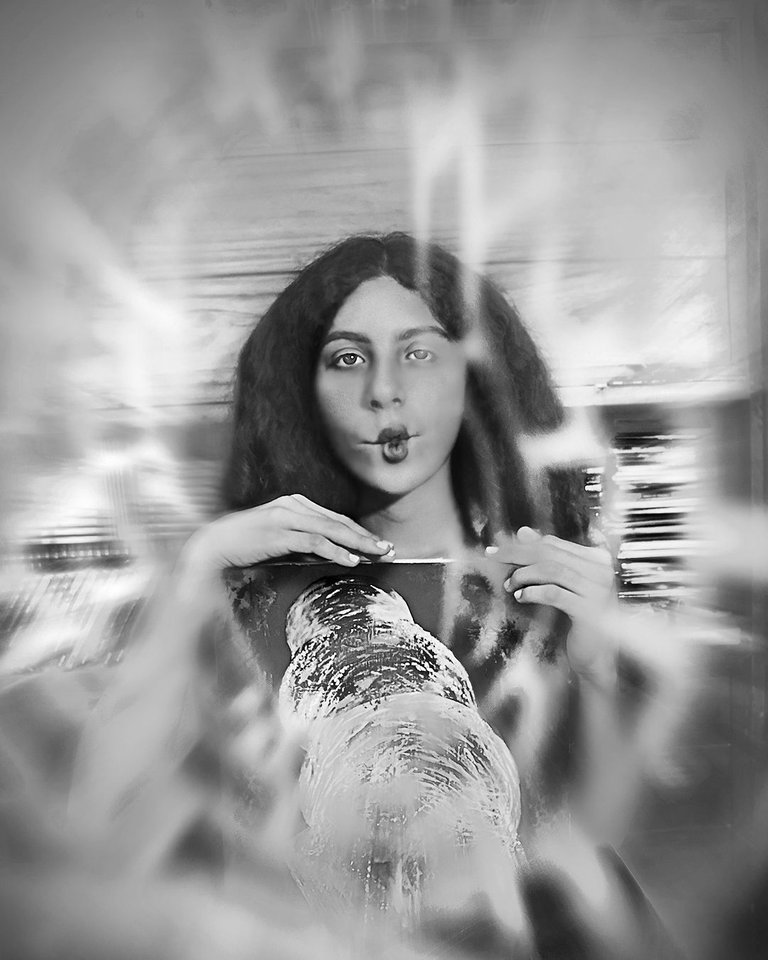
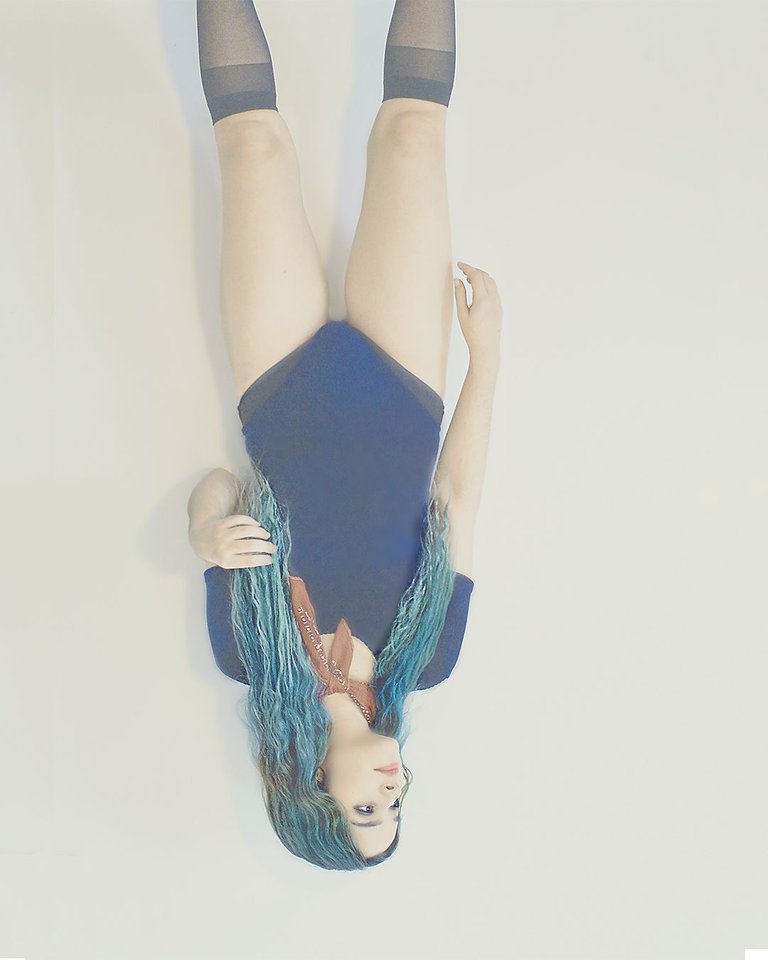
Greetings to all guys, I want to make this type of post in this community to give you this knowledge and invite you to dare to approach the wonderful world of photography.
Today I want to talk to you about how to start in photography, since with so much knowledge on the internet how to start can be confusing, so I will facilitate these steps a bit since apart from an architect I am a photographer and I did a photography diploma in 2017 Before I must emphasize that to start you do not need a reflex camera (the kind that use lenses and flash), you can start with whatever you take photos, old camera, low-end or even with a phone. If it is true that level of technology of your equipment counts, it has a great influence on facilitating work, better capturing the brightness of a space, the quality of image resolution and among other things, but to begin with there are many things to learn first. Another opinion that may be too much, is that being a photographer is not taking a photo and already, it influences the team, experience, knowledge and trajectory.
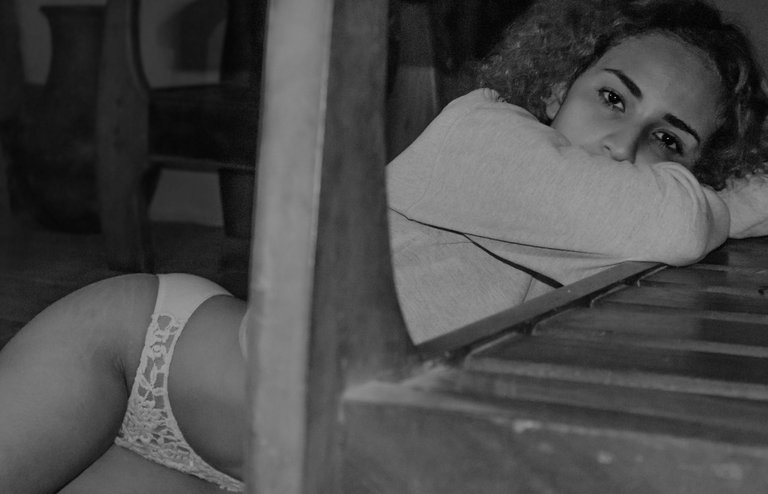
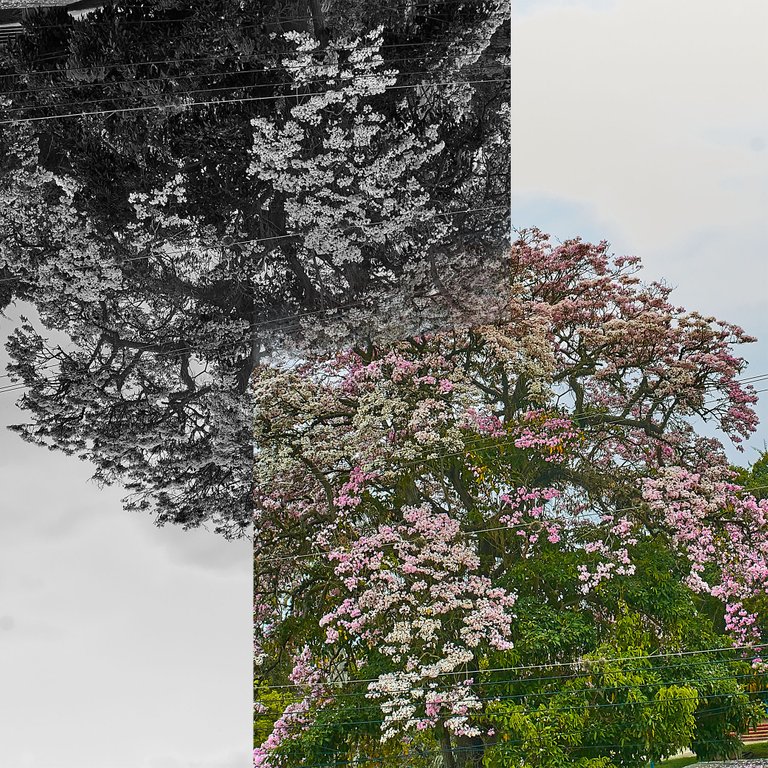
1- How to master light: Photography is light, without light there is no photography. Study the exposure triangle to learn how to handle the camera manually, there are mid-range phones that come with these Exposure settings. Learning this, even if only at a theoretical level, helps us understand how the dynamics of capturing light is and if you have equipment to practice, it is essential for you to use your camera in manual mode, in this way you do not let the artificial intelligence of the phone think for you automatically, because there will be many photos that the device will think wrongly and the only way to achieve the photo you want is to use it in manual mode.
2- Photographic composition: It is based on a variety of rules to have a starting point in learning to compose an image.
3- Lighting schemes: it consists of learning to use artificial light with different schemes that teach you what sensations and shadows are generated and depending on what you are looking for, this is modified.
4- Postproduction: Learn to edit a photograph. On this point there are many tutorials on youtube. In particular I use Capture One and Photoshop.
5- Train yourself! Read and practice. If you are doing a photography style session, look for tips on how to do this style and then apply them in practice, be patient and never give up.
6- Referents: Depending on the type of photo you will take, search for references of that either in google images, pinterest, instagram ... and for example if it is a portrait photography style, see portrait references of what you want to do and Analyze the poses and angles of the photos, since if your model is not someone with experience, you will have to direct it and for this you must have knowledge, for this the references are of great help.
7- Do not charge sessions until you are very prepared and have a good portfolio to teach.
8- Read a little about conceptual photography and research great influencers of photography in history. This will greatly expand your vision of the world of photography. I recommend that what you read has visual content as well, that it is not just text.
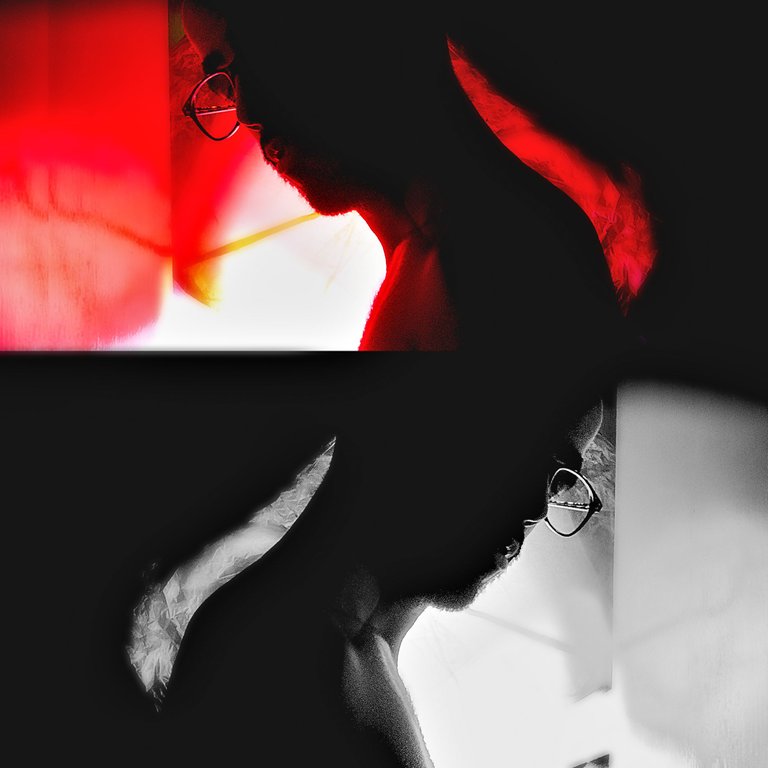
Over time, learn to see the world photographically, see your surroundings differently, appreciate beauty, light and its elements.
And these are my 8 basic tips to start in photography, I hope it helps you a bit and I will comment on my instagram is @arqjotaeme in case you want to take a look. Greetings and comment on how you started or will start in the photograph <3
